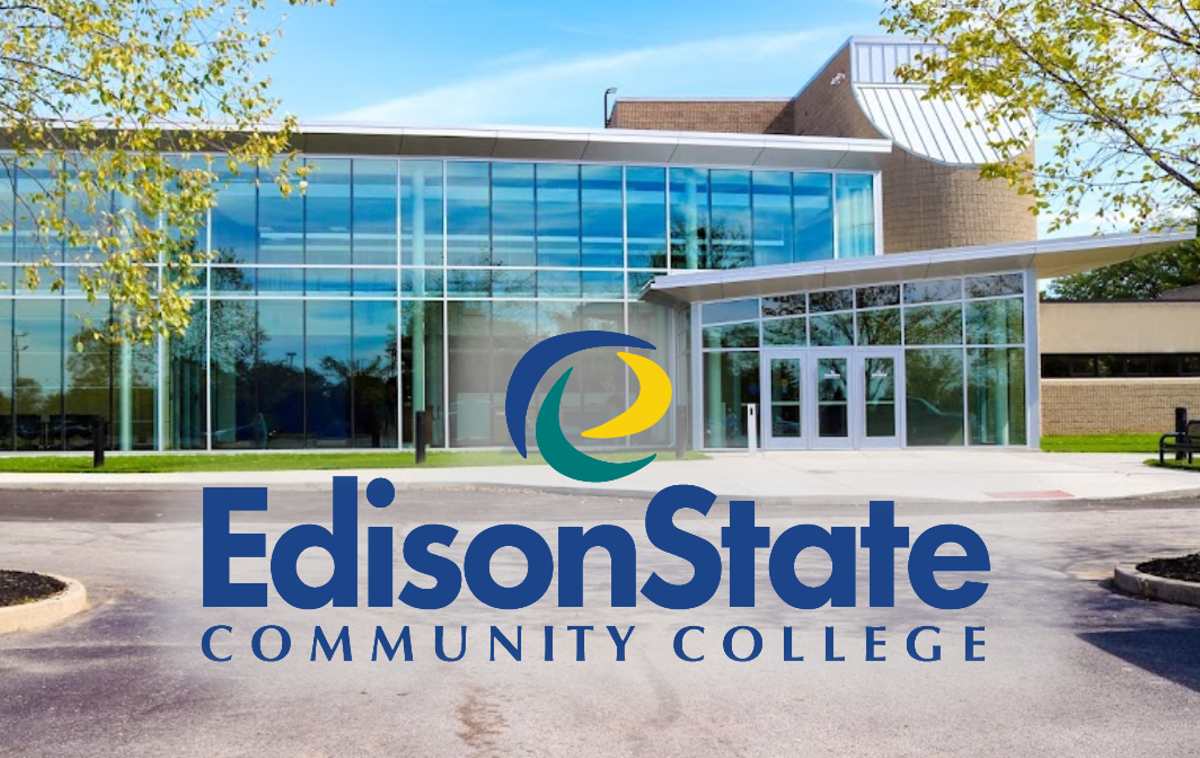
$900,000 have been secured on behalf of Edison State Community College from the Subcommittee on Labor, Health and Human Services, Education, and Related Agencies’ Congressionally Directed Spending (CDS) Requests for Fiscal Year 2024. The College will use the funds to purchase essential training equipment for its new Respiratory Care program.
Engaging, high-quality equipment and related supplies allow students to successfully learn program outcomes and prepare for a career in the field. The College will purchase equipment for the Respiratory Care program that includes hospital beds, mechanical ventilators, airway management trainers, high-fidelity manikins, and electrocardiogram (ECG) training systems.
In a May 2022 health care summit by the Strategic Ohio Council for Higher Education (SOCHE), Premier Health listed respiratory care as second only to nursing in the need for more technicians. The launch of Edison State’s Respiratory Care program will increase the number of licensed respiratory therapists in Ohio as students graduate. This will provide highly trained technicians to address various respiratory issues and help reduce staffing shortages in local hospitals.
“Respiratory care is one of many specialty disciplines in health care that is facing a severe shortage of individuals because of retirements, people leaving the profession, and the new technologies and services being developed in this area of medicine,” said Edison State Dean of Professional & Technical Programs Dr. Andy Runyan. “Local hospitals asked Edison State to consider offering this program. It has been amazing to see the resources come together to make it possible as we have gone through the program’s development over the past two years.”
Respiratory therapists specialize in assessing and treating patients, ranging from infants to senior citizens, to manage and control breathing problems that may have resulted from disease, trauma, or developmental issues. Respiratory therapists train in a variety of treatment techniques and sophisticated equipment that allow them to save lives, improve the quality of life for patients, and build healthier communities.
Students in the Respiratory Care program will learn the use of treatment processes, ventilators, and other equipment that make respiratory therapists a valuable part of a patient’s care team. The program includes clinical experiences that build skills and allow for the demonstration of proficiency in real-life settings.
“Current therapists and staff at other institutions in the state helped us define curriculum, we recruited excellent faculty members who are working on classes and clinical sites, and with the funding provided by the State of Ohio and the federal government, we can purchase the needed equipment and redesign existing rooms on campus into spaces that meet the high-tech needs of the profession. It’s exciting to see it all come together for our students and our community,” Runyan said.
Edison State is currently in the process of seeking accreditation from the Commission on Accreditation for Respiratory Care (CoARC) for the Respiratory Care program. However, Edison State can provide no assurance that the CoARC will grant accreditation.
Edison State will launch its Respiratory Care degree program with the spring 2025 semester and offer new preparatory courses during the fall 2024 semester. Learn more about the program by visiting www.edisonohio.edu/programs.

